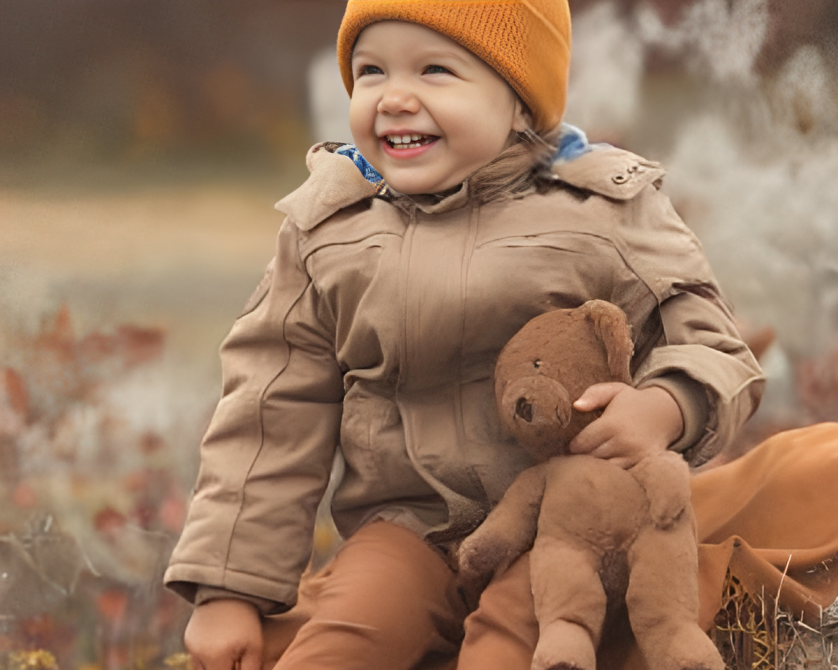
How smart is your two-year-old? What do they understand at that age?
Let’s start this discussion with some idea of what a two-year-old can do according to their normal milestones of development.
Every parent thinks their child is super bright, but what can you expect from them realistically and what can you build on as you begin to understand how they function at that age?
The first thing that comes to mind about this age is two-year-olds are curious about everything. They are like sponges wanting to soak up information and learn new things. They want to be more independent. The two-year-old phase is one of the huge growth spurts in all facets of their life and sometimes, they get overwhelmed with all they have to take in.
Growth and development can be studied by looking at different areas of your child’s life. They have particular milestones to meet and challenges to face. Parents’ guidance at this stage of growth contributes to a toddler’s development in a huge way. When parent and child work together as a team, a better understanding of this period of growth is experienced. Your input at this age will show you how smart your toddler really is.
Look at what your two-year-old can do. See how you can add value to 5 areas of growth.
Language:
Two-year-olds are learning the language at a rapid pace. Like little parrots, they can mimic what you say but do not always understand everything that is said. Two-year-olds can follow simple instructions and figure out their parents may be arguing or angry with them. Parents need to watch what they say in front of their two-year-olds.
Physical development:
Your two-year-old may have been walking for over a year. During the two-year phase, they will be running, jumping and climbing. Playing outdoors is preferable to sitting inside. There is evidence to support that physical fitness and healthy brain growth are linked aspects of the growing child. If your two-year-old is into everything and physically active, that indicates that their brain is getting active stimulation too. It is a smart move to be active.
Memory retention:
Two-year-olds have great memories. They want to learn new things. This is an age of discovery. Parents and caregivers can provide learning opportunities through practical experiences. The more the two-year-old can join in activities around the house or the garden, the more receptive they will be to learning.
You may have heard this learning quote, an ancient Chinese proverb:
I hear and I forget.
I see and I remember.
I do and I understand.
Doing things together is vitally important.
Socialising with others:
We live in a society where social skills are part of our growth and learning. In this area, a two-year-old may not come across as very smart. Their stage of development is prone to being selfish and not having the verbal skills to express their needs. They find themselves surrounded by so many interesting things to explore and often, their form of play is all about playing alongside another child. Although, in your eyes, your toddler seems unable to be a social butterfly, you should persevere with meeting friends and joining social groups to enrich your two-year-old’s social skills.
Cognitive development:
Did you know that between the ages of two and three, your toddler’s brain develops at an amazing rate? They are developing memory skills, the ability to put objects into the order of size and remember stories and rhymes. They are starting to enjoy imaginative play, they remember people and places they have been to, and they are beginning to express their opinions. Your toddler will say no more often than not and want to be independent by saying ‘me do it’ asserting themselves.
If you are wondering how smart your toddler is, think about the brain power they were born with. They have all the cells in their brain they need for normal growth. Different areas of the brain are developing all the time. The brain makes connections called synapses or neural connections. At this early stage of growth, one million neural connections are made every second. (ref. First things first – Brain Development - firstthingsfirst.org) This is the greatest amount of growth recorded. When your two-year-old reaches the end of that second year, their brain will have developed to 80% of an adult brain. That is pretty smart!
Parents and caregivers have a wide-open opportunity to tap into this amazing brain development stage. This is the time to nurture the two-year-old’s potential to engage with the world around them. You can help your toddler to grow through positive interaction to be the best that they can be.